REA Group backs rising home sales market
Rising house prices and looser credit conditions are expected to drive a pick-up in residential sales next year.
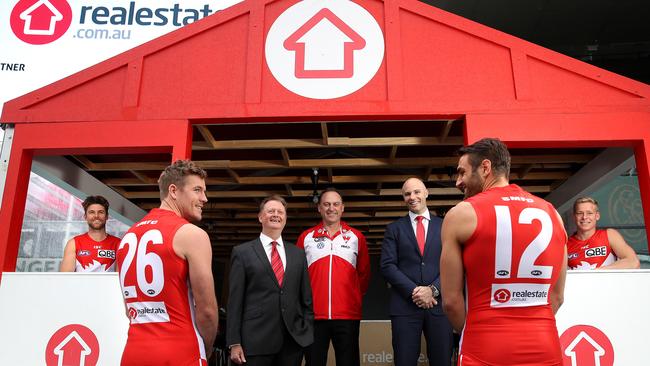
Rising house prices and looser credit conditions are expected to drive a pick-up in residential sales next year with major developers and property websites positioning for higher volumes.
Higher auction clearance rates and the return of apartment pre-sales in luxury projects like the latest Lendlease development at Sydney’s Barangaroo district are being hailed as sign of a broader recovery.
Real estate classifieds business REA Group on Tuesday pointed to the residential market picking up steam while flagging its desire to forge deeper into data-related and finance businesses.
The company, majority owned by News Corp Australia, publisher of The Australian, gave an upbeat outlook at its annual meeting in Melbourne, against a backdrop of rising property listings after coming through a lean period earlier this year.
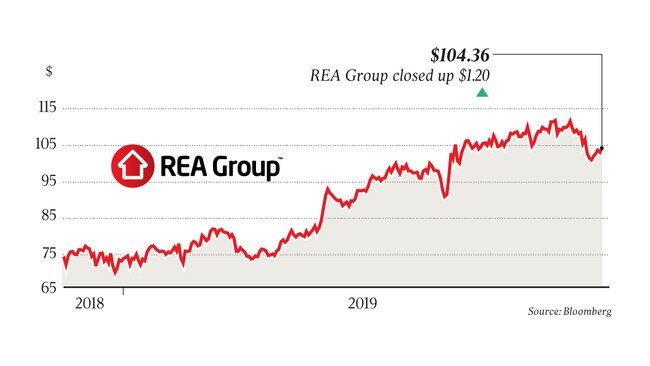
REA and rival Domain Holdings Group are benefiting from the upswing in sentiment that will likely to drive a lift in selling next year, a turnaround from a year bogged down by state and federal elections and fears about the ALP’s proposed negative gearing and capital gains tax policies.
REA, also emphasised that its offshore business, particularly in Asia, was performing well, it is looking to capitalise on its market leasing position in key cities.
“These results have been achieved in a market of significantly lower residential listings and new development commencements in the Australian property market,” REA Group chairman Hamish McLennan said, noting the business was now diversified into fast-growing Asian and US markets.
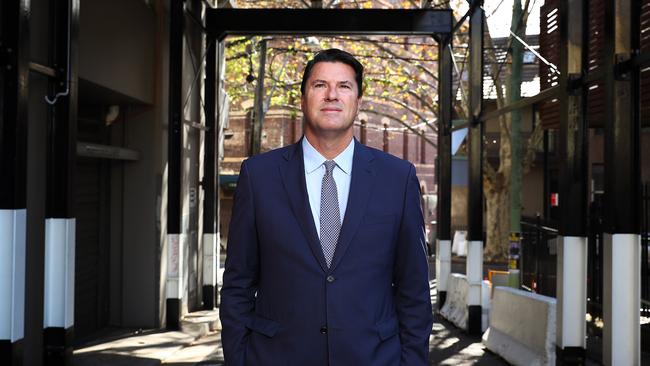
Mr McLennan said the company had aimed to become the country’s top source of property data and insights. Its Hometrack product provides property data on realestate.com.au and the company boosted its financial services offer by taking control of Smartline in July.
REA chief executive Owen Wilson said there were “positive signs” of the property market rebounding. “We have had three interest rate cuts this year, the retention of negative gearing and improvements in the lending regulatory environment,” he said.

Buyer activity on the site is up more than 30 per cent on this time last year and auction clearance rates are back at the levels seen before the housing market correction.
“We know the buyers are back and it’s only a matter of time before the sellers follow,” he said. “We expect revenue growth to be heavily skewed towards the second half of fiscal 2020, while the fundamental strength of our business positions us well to capitalise on an eventual market recovery.”
HSBC economists are anticipating national housing prices to rise between 5 per cent and 9 per cent in 2020, revising up previous forecasting.
Modest gains of between 0 per cent to 4 per cent were previously anticipated by the bank. The decision to reassess predictions comes after the market turned a sharply upwards in the middle of the year and began its rapid growth in June, spurred by several changes to lending and higher confidence.
Paul Bloxham, HSBC’s chief economist for Australia, New Zealand and global commodities, said amplified demand from current low listing numbers was partly to blame.
“We expect housing prices to continue to rise in 2020, underpinned by mortgage rates, which are likely to stay low for a considerable period of time,” Mr Bloxham said.
“However, while we expect to see housing demand remain strong, we also expect the recent strong housing price gains in major cities to entice more sellers, increasing available supply and housing turnover. This should temper the recent pace of housing price gains in Sydney and Melbourne from their current very rapid monthly rates.”
Melbourne prices are expected to see the biggest hike over the next 12 months, with rises of 10 per cent to 14 per cent. Prices in Sydney should rise at a similar pace, with gains of 8 per cent to 12 per cent anticipated. Other capital cities should see more modest gains.
The Reserve Bank has cut interest rates by 75 basis points since June, bringing the official cash rate to a record low of 0.75 per cent and APRA also lowered the serviceability floor for mortgages which has made it easier to get a loan.

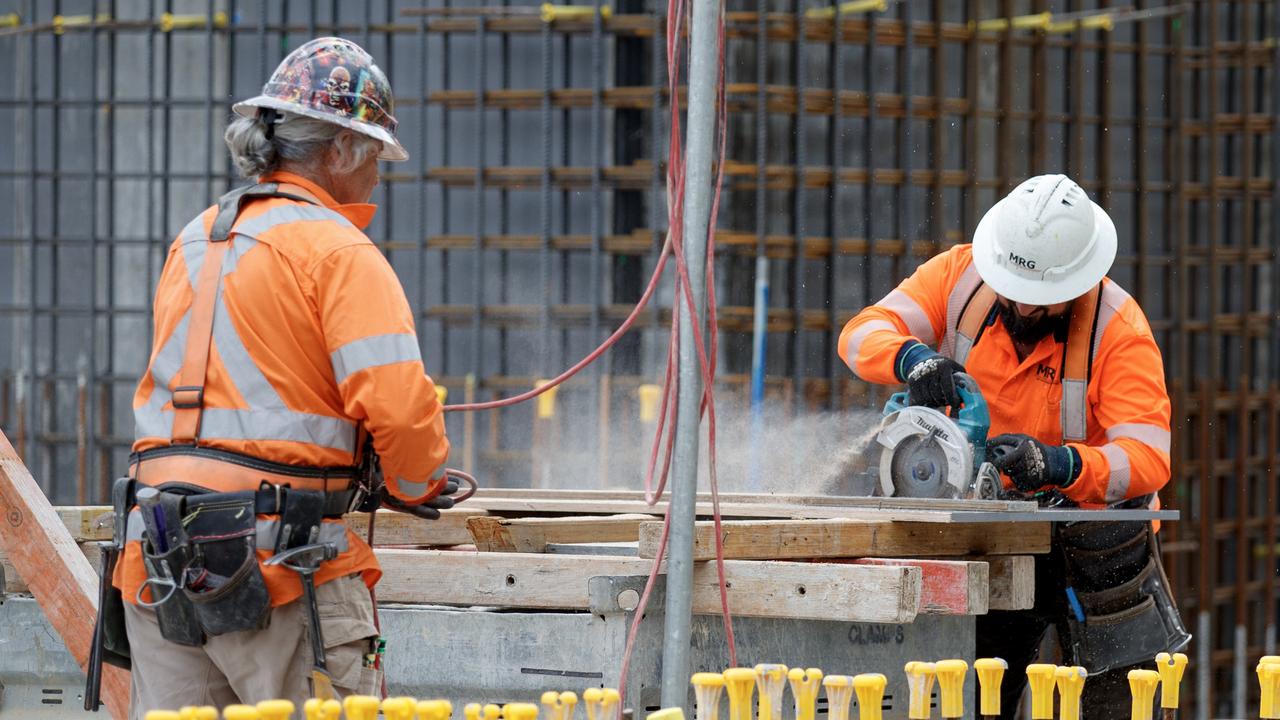
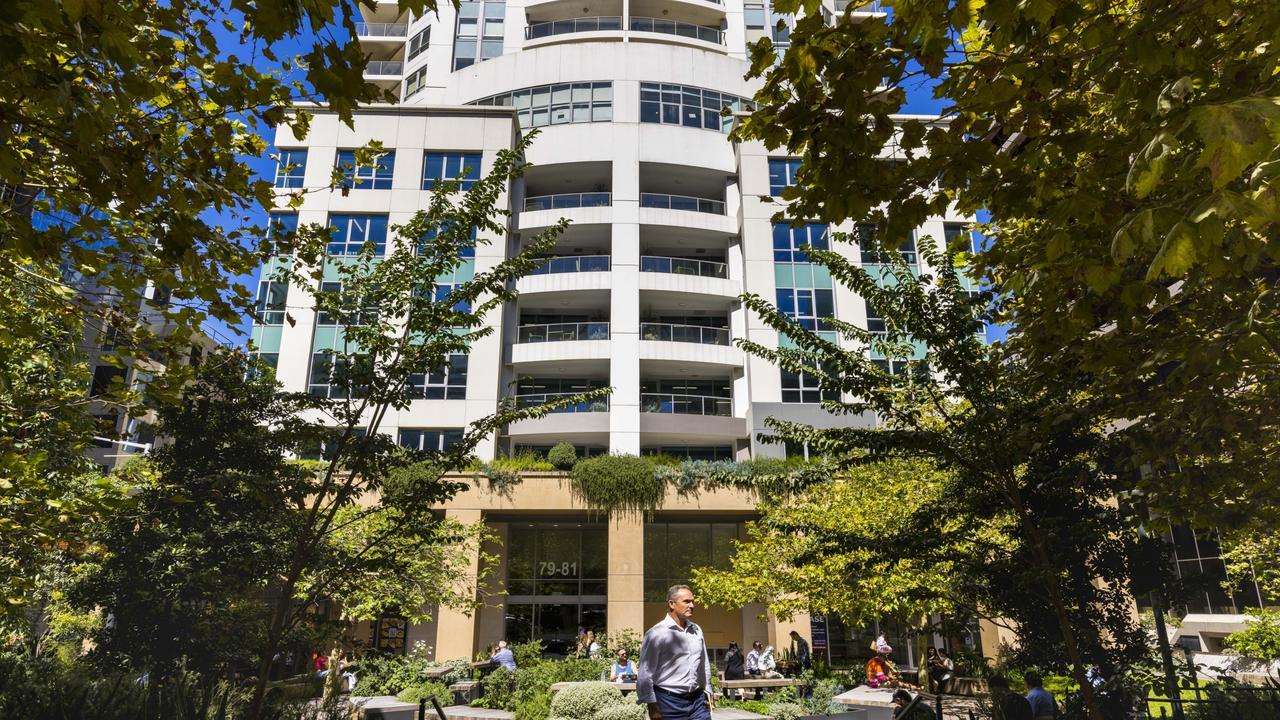
To join the conversation, please log in. Don't have an account? Register
Join the conversation, you are commenting as Logout